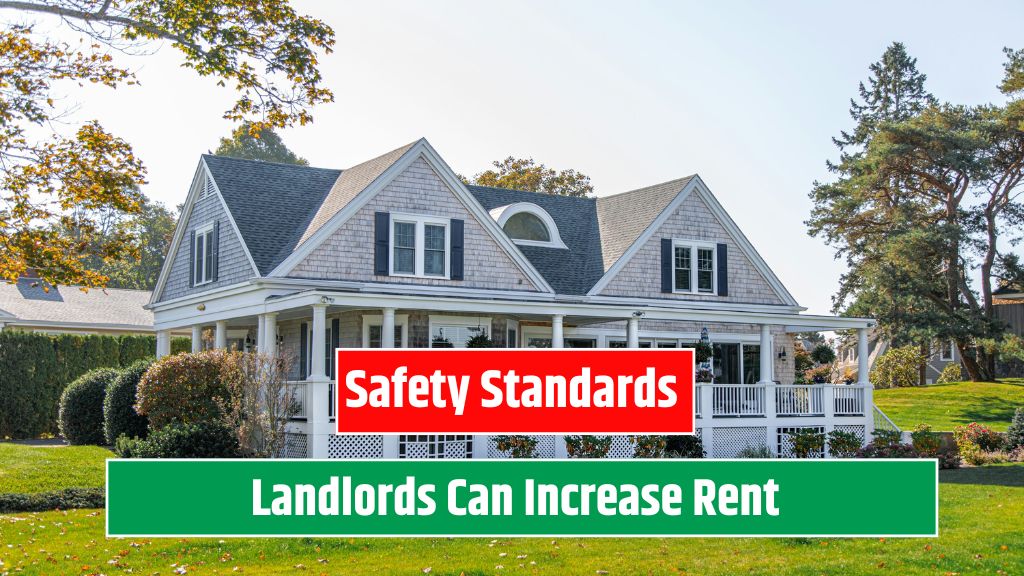If you are renting a property, your landlord has legal obligations to ensure the home is safe and free from health hazards. These requirements cover gas, electrical, and fire safety to protect you and your household.
1. Gas Safety Requirements
Your landlord must ensure that any gas appliances and systems in the property are safe to use. Their responsibilities include:
- Safe Installation and Maintenance: Gas appliances and systems provided by the landlord must be installed and maintained by a Gas Safe registered engineer.
- Annual Gas Safety Checks: The landlord must arrange an annual safety inspection for each gas appliance and flue in the property.
- Providing Safety Records: A copy of the gas safety check record must be provided:
- Before you move in or
- Within 28 days of the annual inspection.
2. Electrical Safety Requirements
Landlords must ensure that the electrical system and any appliances they provide are safe to use. This includes:
- Safe Electrical System: The overall electrical system, such as sockets, switches, and light fittings, must be properly installed and maintained.
- Safe Appliances: Any electrical appliances supplied by the landlord, like cookers, kettles, or washing machines, must be safe and regularly checked to avoid electrical hazards.
3. Fire Safety Requirements
Landlords have specific fire safety duties to minimize the risk of fire hazards in rental properties. These include:
- Following Safety Regulations: Landlords must comply with local fire safety laws and building regulations.
- Smoke and Carbon Monoxide Alarms:
- Provide a smoke alarm on every storey of the property.
- Install a carbon monoxide alarm in any room that has a solid fuel-burning appliance, like a wood-burning stove or coal fire.
- Escape Routes: Ensure that tenants have access to safe and clear escape routes at all times.
- Fire-Safe Furniture: Any furniture and furnishings supplied by the landlord must meet fire safety standards.
- Fire Alarms and Extinguishers: If the property is a large house in multiple occupation (HMO), the landlord must provide appropriate fire alarms and extinguishers.
Your landlord is legally obligated to prioritize your safety by maintaining gas, electrical, and fire safety standards in the property. If they fail to comply, you can report them to the local council or appropriate housing authority. Maintaining regular communication with your landlord about any safety concerns is important to ensure a safe living environment.
FAQ’s
What are a landlord’s responsibilities regarding gas safety?
Landlords must ensure that gas appliances are safely installed and maintained by a Gas Safe registered engineer, conduct annual safety checks, and provide tenants with a gas safety record.
How often should gas safety checks be done in rental properties?
Gas safety checks must be performed annually by a Gas Safe registered engineer to ensure all gas appliances and flues are working properly.
What electrical safety measures must landlords follow?
Landlords must ensure the electrical system, such as sockets and light fittings, is safe and that any appliances they provide, like cookers or kettles, are in good working condition.
What fire safety equipment should a landlord provide?
Landlords must install a smoke alarm on every storey, a carbon monoxide alarm where solid fuel appliances are present, and provide fire alarms and extinguishers if the property is an HMO.
What should tenants do if they discover a safety hazard?
Tenants should immediately report any safety concerns, such as faulty gas appliances or electrical hazards, to their landlord. If the landlord does not address the issue, tenants can contact the local council.
